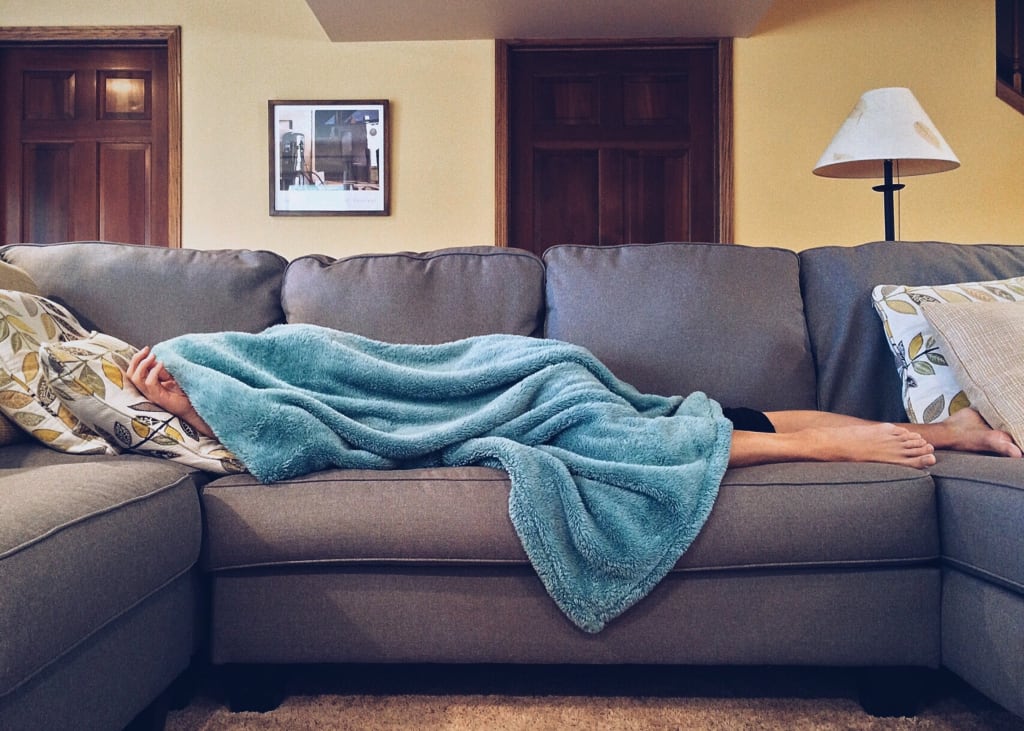Improving Sleep Quality with Cognitive Behavioral Therapy
Evidence-Based Techniques for Overcoming Insomnia and Achieving Restorative Sleep

Getting a good night's sleep is essential for good health, and when sleep is disrupted, it can cause a range of problems. Cognitive Behavioral Therapy (CBT) is an evidence-based therapy that can help people overcome insomnia and improve their sleep quality.
CBT is a type of therapy that focuses on changing thoughts, behaviors, and beliefs that are causing or contributing to mental health issues. The aim of CBT for sleep is to address the thoughts and behaviors that are keeping you awake at night.
One of the key components of CBT for sleep is sleep hygiene. This refers to the habits and practices that can help you get a good night's sleep. This may include things like establishing a regular sleep schedule, creating a relaxing bedtime routine, and avoiding caffeine and alcohol before bed.
Another important aspect of CBT for sleep is sleep restriction therapy. This involves limiting the amount of time you spend in bed to the amount of time you actually sleep. For example, if you typically spend eight hours in bed but only sleep for six, you would limit your time in bed to six hours. Over time, as your sleep improves, you can gradually increase the amount of time you spend in bed.
CBT for sleep also includes cognitive restructuring, which involves identifying and changing negative thoughts and beliefs about sleep. For example, if you believe that you will never be able to sleep well again, you may be more likely to experience anxiety and worry about your sleep, which can make it even harder to fall asleep. Cognitive restructuring can help you challenge and change these negative beliefs, which can improve your overall sleep quality.
Another important component of CBT for sleep is relaxation techniques. These may include things like deep breathing, progressive muscle relaxation, and guided imagery. These techniques can help you relax your body and calm your mind, making it easier to fall asleep and stay asleep.
CBT for sleep is typically delivered by a trained therapist, but there are also self-help resources available for those who prefer to work on their own. These resources may include books, online courses, and smartphone apps.
CBT for sleep has been shown to be highly effective in improving sleep quality and reducing insomnia symptoms. One study found that CBT for sleep resulted in significant improvements in sleep quality, with participants reporting less time awake at night and less difficulty falling and staying asleep. Another study found that CBT for sleep was more effective than medication in improving sleep quality and reducing insomnia symptoms.
One of the advantages of CBT for sleep is that it is a non-pharmacological treatment option, which means that it does not involve the use of medication. This can be particularly appealing for those who prefer to avoid medication or who have concerns about the potential side effects of sleep aids.
CBT for sleep is also a relatively short-term treatment, typically lasting between 4 and 12 weeks. This means that it can be a highly efficient and cost-effective treatment option.
In conclusion, CBT for sleep is a highly effective and evidence-based therapy for improving sleep quality and reducing insomnia symptoms. It involves a range of techniques, including sleep hygiene, sleep restriction therapy, cognitive restructuring, and relaxation techniques. CBT for sleep can be delivered by a trained therapist or through self-help resources, and it is a non-pharmacological and relatively short-term treatment option. If you are struggling with sleep issues, CBT for sleep may be a highly effective solution to help you get the restorative sleep you need.





Comments
There are no comments for this story
Be the first to respond and start the conversation.